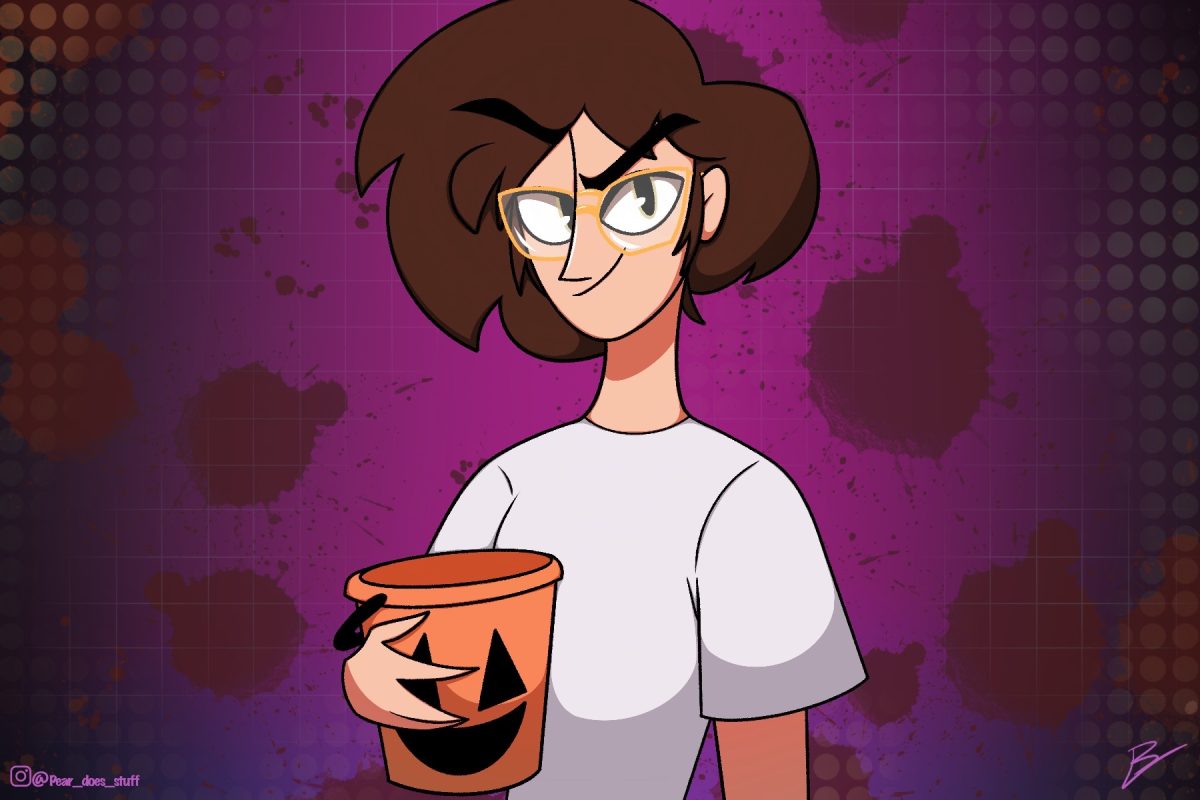Senior Daniel Avila is taking his younger brother trick or treating. He is disgusted with what he sees: Children, teenagers and adults alike dressed up in offensive costumes. Jeffery Dahmer lurks to his right, and an offensive stereotype giggles to his left. He is in awe. A day of fun costumes and candy has turned into racism and insensitivity.
For many people, Halloween is a fun-filled day with children in costumes and parents carrying candy and coats. However, when dressing up, you don’t need to be insensitive.
According to The Hill, “It wasn’t until the early 20th century in the United States that costumes took on a different mood entirely, as people sought to portray themselves as other cultures and races than their own, wearing blackface to imitate African Americans or donning turbans and other symbols.”
While meant in jest, these costumes can be more harmful than people realize.
For example, many people find it okay to dress up as stereotypical Mexicans-Americans, or even Native Americans. Cheap costumes at Spirit Halloween and elsewhere supply these people with their weapons of insensitivity that reduce their culture to a cartoon. For communities and cultures, it is much more than just a costume.
“When you’re just mocking a culture,” Avila said, “saying ‘oh I’m gonna dress up as a Mexican for Halloween.’ That’s not okay. You shouldn’t be doing that.”
Some will even go the next step and dress up as famous serial killers. While last year’s big trend was Jeffrey Dahmer on the heels of a Netflix series about the serial killer, it is expected to be the Menendez brothers this October. When people dress up as serial killers they are showing insensitivity to the victims and the victim’s family members.
In a news story for El Paso’s NBC News station KTSM, reporter Nathaniel Rodriguez illustrated the harm this could do. , “[Shirley] Hughes said it was triggering to see people dress like the man who took her son, Tony Hughes, away,” Rodriquez writes. “Tony Hughes was a deaf man who was murdered by Dahmer.”
When people find it okay to dress up as serial killers, they can show disrespect to survivors and their family members.
In a blog post, Boston University professor Dr. Danielle Rousseau tells a similar story. She writes “Isabell Lindsey, sister of victim Errol, was interviewed by the Hollywood Reporter when the docuseries debuted. Lindsey stated, ‘It brought back all the emotions I was feeling back then,’ stating how traumatizing it was to have to relive it over again numerous times.”
Another reason insensitive Halloween costumes need to change is that times are changing. People are calling out racism publicly more now than they did decades ago. Just because a slur or inappropriate saying was socially acceptable 50 years ago does not make it okay to say now. So if times are changing, shouldn’t our costumes change as well? People need more empathy when choosing Halloween costumes.
Wearing an offensive costume can normalize racism and influence others to do the same. The mentality of, “well they’re doing it so why can’t I do it?” is more common than one might think. It only takes one bad apple for the tree to fall. When adults do this, they teach their children that racism and insensitivity are okay. These kids then grow up with this mentality and can even pass the mild racism down to their children. People need to think of the consequences of their actions instead of thinking of themselves.
Of course, some might say that it’s simply just a Halloween costume; a piece of fabric cannot traumatize. But it is much more than a costume for the people affected. When thinking of purchasing an offensive costume, people need to think of the feelings of others and put themselves in others’ shoes. People need to think about other people and their reactions to their insensitivity.
Halloween is supposed to be a night of fun. It should not celebrate not racism and murderers. The outfit you wear for a day can have a long-lasting impact on a culture that has fought for decades to remove its racial stereotypes. When buying a costume this Halloween, think of others before swiping your credit card.




